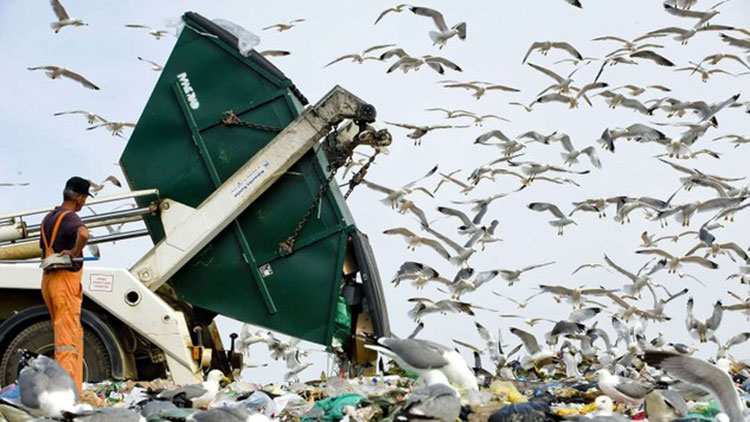A successful completion of an EU Twinning project “Improvement of Hazardous Waste Management” was marked at the National Assembly of the Republic of Serbia. The project was funded by EU with one million euros and by the Government of Serbia, with an aim of helping Serbia in fulfilling environment protection standards.
Project partners were Environment Agency Austria and Germany’s Federal Ministry for the Environment, Nature Conservation, Building and Nuclear Safety.
Opening speeches were given by Aleksandar Vesić, Assistant Minister of Agriculture and Environmental Protection, Richard Masha, representative of the EU Delegation to Serbia, Dušan Čarkić, Acting Assistant Minister of Finances, Department for Contracting and Financing of EU Funded Programmes and other representatives from Serbian, Austrian and German administration.
As a part of the requirements in Chapter 27 of the EU accession negotiations, Serbia has to harmonise its national legislation with the European one, which is why a study of institutional organisation of hazardous waste management system was made, and recommendations for improvements of present waste management systems based on the best practices of the three EU member states have been given.
The area of waste management presents particular challenges when it comes to coverage and capacities for basic services such as collection, transport and disposal of waste, as well as a lack of infrastructure for treatment and disposal of hazardous waste.
The two year-long twinning project, funded by the EU with one million Euros through IPA assistance, and co-funded by the Government of Serbia, is aimed to help Serbia fulfill environment protection standards through institutional construction and improvement of environmental infrastructure.
A team of 39 experts from Austria and Germany worked with their Serbian colleagues to impart knowledge and EU best practices in this field. The project involved numerous interested parties, including the representatives of state and local authorities, industry and civil society organisations, through bilateral meetings, four seminars and 12 workshops held throughout Serbia.
It is expected that the project will result in a better management of hazardous waste in Serbia. Thus, a more efficient reuse and use of valuable waste components, higher environment and human safety against hazardous substances, meaning an altogether improvement of the quality of life for Serbian citizens will be practicised. The project results will also help Serbia to better prepare for the EU accession negotiating process for Chapter 27, which deals with the environment and climate change.




